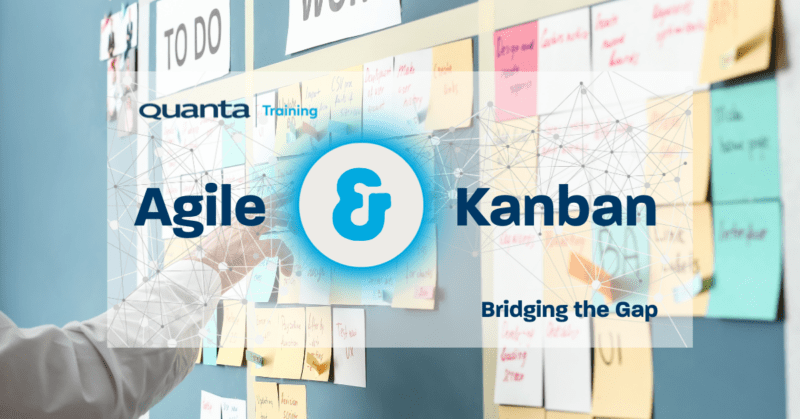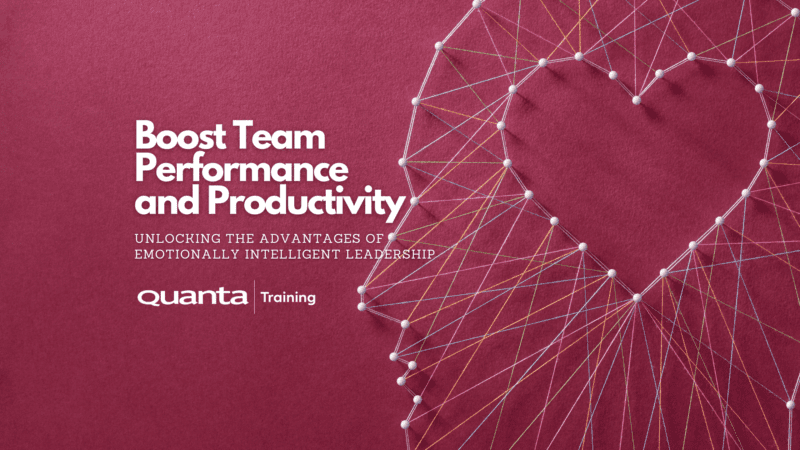The final part of the Managing Portfolio qualification jigsaw
For some time focus of businesses has been on the effective delivery of change. Often delivered using trusted project and programme frameworks, such as PRINCE2® or MSP®, these tools help us to 'Deliver things right'.
Increasingly organisations are asking, are we investing in the right change initiatives? That is 'are we doing the right things'. Recently Portfolio Management has emerged as a way of ensuring the correct priority and balance is applied to business change initiatives.
Management of Portfolios® is the best practice framework for Portfolio Management from AXELOS. This course will take you through how you define a Portfolio using the Portfolio definition cycle and how you deliver one using the Portfolio delivery cycle.
The MoP Practitioner course builds on your foundational knowledge to allow you to demonstrate how the principles and best practices are utilised in a real world setting.
Book Your Course
Start Date
Venue
Availability
Cost
Course confirmed - Guaranteed to run
Course Full/Limited availability
Price shown excluding VAT.
Book a Private Event
If you require the content of this event tailored or have around 7 or more people to train it maybe better for you to host a Private Event, please get in touch to discuss this.
Get in touchDescription
Who is this course for
Any organisation or individual seeking to develop their skills in effective Portfolio Management. The course is suitable for senior managers and decision makers, practitioners involved with Programme or Project Management (PPM) and Change Management.
You will learn how to
- Understand the principles & benefits of successful portfolio management
- Define the 5 steps to defining a portfolio and the 7 steps to delivering a portfolio
- Understand the steps in a Business Change Lifecycle and how this relates to portfolio delivery
- Use a range of techniques to create impactful progress reporting for portfolio stakeholders
- Understand how existing processes for risk, finance, resource and communications management are applied to portfolio management
Prerequisites
This course builds on an understanding of change within an organisation. Suitable candidates will be used to assessing business cases, and be working at portfolio level within an organisation. A qualification in either Prince2 or MSP is strongly recommended. Additionally you must have previously taken and passed the MoP Foundation exam.Benefits for you as an individual
The MoP guide provides insights for managers who are responsible for delivering their organisation's change initiatives, in addition to guidance for management of the portfolio of work.
Benefits for your organisation
Change is costly but the benefits can be huge. However as an organisation you not only need to ensure that Projects or Programmes are run correctly but also give adequate consideration to your Portfolio. Ensuring that your investment goes into the right initiatives at the right time and thus deliver the right results.
What is portfolio management?
Explanation of key portfolio management definitions, the benefits of portfolio management, some common misconceptions relating to it, and 7 steps to staging the implementation of portfolio management
The strategic and organisational context
Placing portfolio management within a context of business as usual, programme and project, and performance management. In addition, contextualising portfolio management in relation to corporate governance and corporate functions
Portfolio management principles
Introducing the principles of senior management commitment, governance alignment, strategy alignment, portfolio office and an energised change culture
Portfolio management cycles
The use of the portfolio delivery and definition cycles
Portfolio definition cycle
Detailed discussions on the practices: understand, categorise, prioritise, balance and plan
Portfolio delivery cycle
Discussions on the practices: management control, benefits management, financial management, risk management, stakeholder engagement, organisational governance and resource management
Additional Exam Information
The MoP Practitioner examination consists of 80 multiple choice questions taken over 3 hours. This is open book, and candidates are provided a scenario to read as well. The pass mark is also 50%.The MoP Practitioner certification will expire after 3 years. Please See information on Keeping your Certifcations current.
If you are attending a Face to Face course your exam will be a paper-based exam during your course.
If you are attending a Virtual course you’ll be issued an exam voucher to take the exam at a time of your choosing. Please see PeopleCert’s website for the security requirements for the web based exam driver.
This course is eligible for the PeopleCert Take2 scheme, please discuss at point of booking if this is of interest to you.
Please note - it is compulsory to purchase the exam, although discretionary whether you take it.
Pre-Coursework
To take this course you need to have Foundational knowledge current. To achieve this, you will have access to pre-reading, which you should do along with reviewing your notes from taking the Foundation course and exam.Please note, there may be a small amount of evening work to complete such as further reading or working though sample exam papers.
Get Started
Forget trawling through endless course catalogues – Find the training that’s right for you
Learn MoreLatest from our blog
Kanban and Agile: Bridging the Gap
Kanban and Agile: Bridging the Gap Quanta’s Kanban University Certified Trainer Steve Church explores the way in which Agile and…
Read More
How a Ballerina could move into Cybersecurity
Jason Ford, Quanta Cybersecurity and IT Trainer talks about the limitations in Cybersecurity Training courses. Jason discusses a safe and…
Read More
Boost Team Performance and Productivity: Unlocking the Advantages of Emotionally Intelligent Leadership
Quanta People Development and Leadership Trainer, Giles Collins outlines the key elements of Emotionally Intelligent Leadership and how it impacts…
Read More





